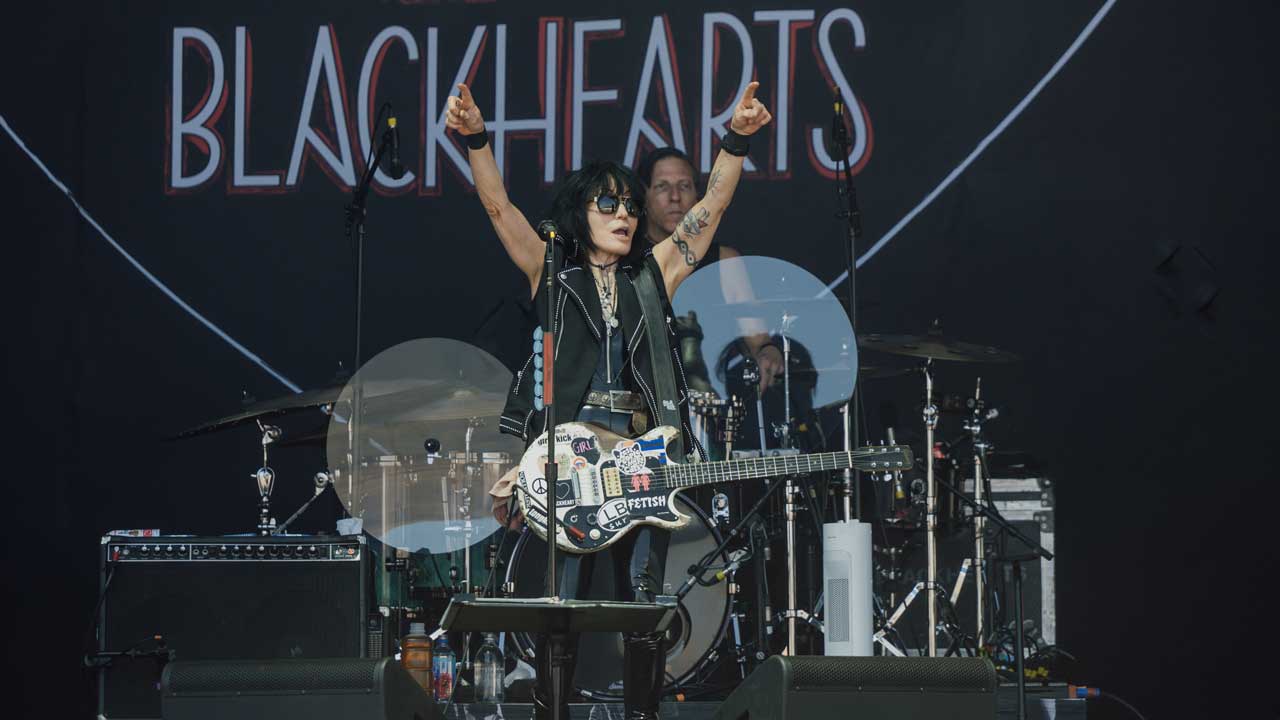Drugs: Steve Diggle
Buzzcock boy.

The party line in ’76 punk seemed to be that drugs represented hippiedom?
We’re only human, and we did have a few lines of speed here and there: a quick drug pertaining to the way the music was changing and our world was changing – a drug with a bit of intensity. Speed was just the same as the alcohol and cigarettes.
Speed similarly fuelled the mod movement.
It did fuel the mod movement, which I was into, and looking at it from a hopeful point of view – which is slightly hippie. We’re all spirits, doomed to suffer and enjoy moments of solitude and sensations and feelings and insights. When you’re taking these things you get to see what’s behind the curtain. It’s important in that way.
What should be legal, and what shouldn’t?
There’s the argument that it all should be legally controlled. The government would like the tax, of course, and then you might be getting a better product.
_Is time on drugs always wasted time? _
Sign up below to get the latest from Classic Rock, plus exclusive special offers, direct to your inbox!
Painters stare at a painting for hours on end and then they sometimes see something. Sometimes you have to look at things many, many times. I don’t use any drugs in the studio, but sometimes I’ve been up at two in the morning listening to the album in a different way. But the main thing for me, is that the greatest thing about taking drugs is the day you give up.

Classic Rock’s Reviews Editor for the last 20 years, Ian stapled his first fanzine in 1977. Since misspending his youth by way of ‘research’ his work has also appeared in such publications as Metal Hammer, Prog, NME, Uncut, Kerrang!, VOX, The Face, The Guardian, Total Guitar, Guitarist, Electronic Sound, Record Collector and across the internet. Permanently buried under mountains of recorded media, ears ringing from a lifetime of gigs, he enjoys nothing more than recreationally throttling a guitar and following a baptism of punk fire has played in bands for 45 years, releasing recordings via Esoteric Antenna and Cleopatra Records.
